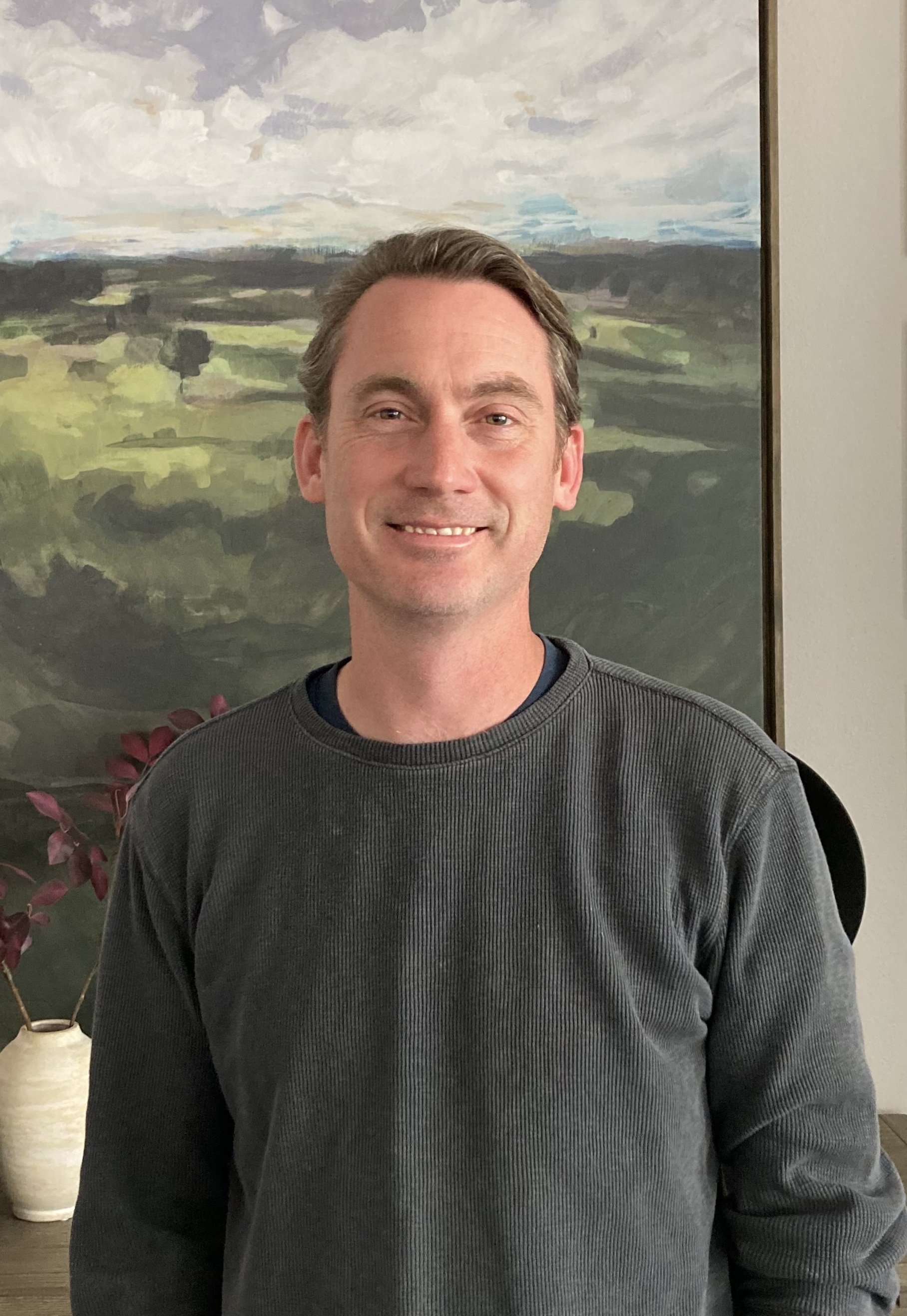Among Mathematics Professor Nick Slinglend’s passions during his nearly two decades at San Diego City College has been teaching STEM through culturally responsive practices and implementing technological advances to improve math education in ways that are accessible to all. As City’s new President-elect of the Academic Senate, that vision will soon become front and center campuswide.
It won’t come without its challenges. A little more than a year from now, he will ascend to the governing body’s top leadership role during a period of transformational change stemming from the Trump Administration’s antipathy toward anything hinting at diversity, equity, diversity, and inclusion.
“I don’t know what the situation will be like 15 months from now when I take over as Academic Senate President, but what I do know is City College will need to remain a safe place for all of our students and all of our faculty,” said Slinglend, adding that he is humbled that a STEM professor was elected to the position.
Hired initially in 2006 as an adjunct instructor, Slinglend secured a full-time teaching position the following year. For the past eight years, he’s served as chair or co-chair of the Mathematics Department, and he served a two-year term as Academic Senate treasurer.
He has seen plenty of changes during his tenure, including Assembly Bill 705, which was aimed at boosting student completion rates and closing persistent achievement gaps by requiring colleges to consider a student’s high school coursework and GPA as primary determining factors for placement in lieu of standardized assessment tests. The legislation, along with AB 1705, evolved through concerns that too many students were dropping out after spending semester after semester in often-unneeded remedial classes that came with no college credit. On the other hand, Slinglend and others point out, some students – such as, say, a returning adult student who has not taken a math class in decades – might need remedial math before moving on to algebra or calculus.
A product of public schools, Slinglend grew up in the town of Trenton, Mich., and was contemplating a career as a pharmacist when he enrolled at Wayne State University in Detroit before gravitating to mathematics. His professors encouraged him to pursue a mathematics-related career, prompting Slinglend to enroll at UC San Diego’s doctoral program in mathematics. It was while working as a teaching assistant that Slinglend had his epiphany.
“Those experiences as a teaching assistant really made me realize that this was something I liked to do,” Slinglend said. “Instead of doing research, I decided to become a math instructor. Being downtown, City College reminded me of Detroit a little, so I gravitated there, interviewed for a part-time job and began by teaching an algebra class.”
Now 46 and married with two children, Slinglend consistently earns positive reviews from his students. “Professor Slinglend is one of the kindest instructors I’ve had,” wrote one former student on RateMyProfessors.com. “Professor Nick is easily one of the best professors at City in the math department,” wrote another.
Slinglend said part of being an effective professor is connecting with your students. “It’s the small conversations with students that can really have an impact,” he said. “You just never know when a small interaction can boost a student’s confidence.”

